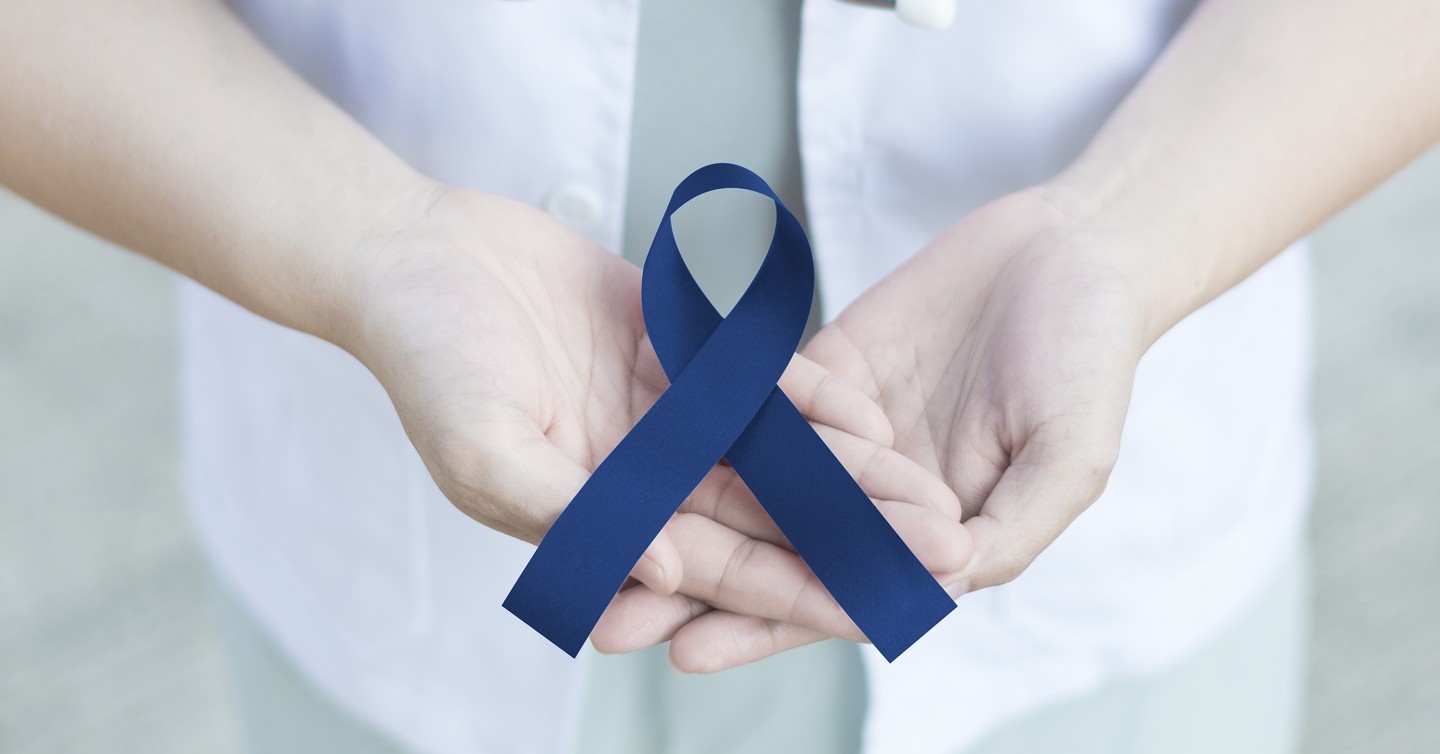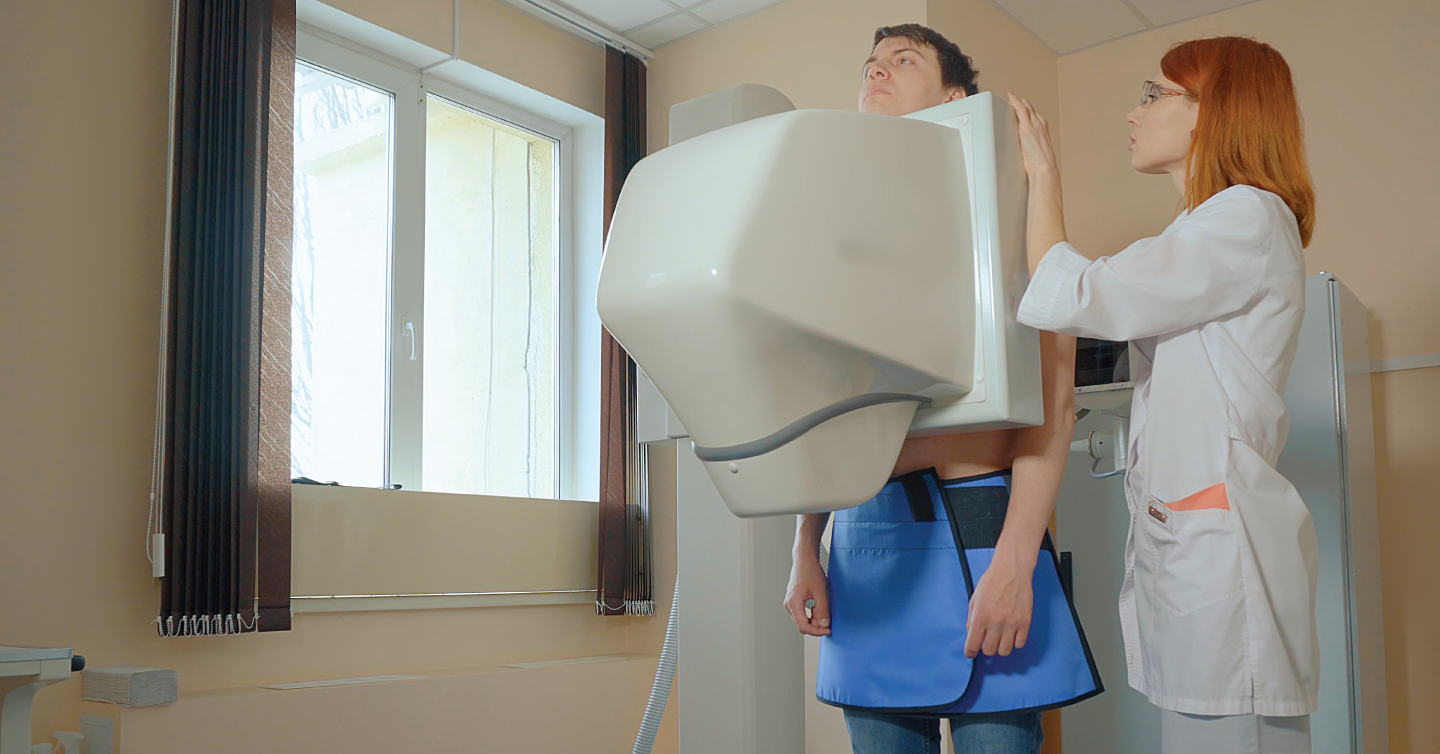I Don’t Need a Colorectal Screening Until 60…and Other Myths

Colonoscopy and Colorectal Cancers Myths and Facts
By Jennifer Footit-Tank RN BSN, quality care coordinator at Network Health
3/7/2022
March is Colorectal Cancer Awareness month and also an important reminder to discuss the topic of a colorectal health screening with your personal doctor. The benefits of completing an early screening help prevent and reduce the risk of getting this disease. Let’s look at some common screening myths.
Myth: I don’t need to get tested because I’m too young to get colon cancer.
Verdict: False
Colon cancer is the second leading cause of cancer deaths in the United States. The risk of developing colon cancer increases as you age with those assigned male at birth being slightly more at risk than those assigned female.
Other risk factors for colon cancer or rectal cancer include the following.
- Having a diet that is low in fiber and high in fat or processed meats
- Low physical activity
- Being overweight
- Smoking or tobacco use
- Having a family history of colorectal cancers
- Drinking alcohol
- Suffering from inflammatory bowel disease such as Crohn’s disease or ulcerative colitis
Screening is recommended for men and women from age 50 to 75 years old. In the last 10 years, colon cancer rates have dropped 30% for this age group due to positive screening efforts.
With early screening and detection, the potential for successful treatment can be lifesaving.
Myth: Screening can wait until after the COVID-19 pandemic has passed.
Verdict: False
Although much of our lives were on hold over the past two years, colon cancer will not wait.
Delaying your screening could allow undetected cancer to progress. The more advanced cancer becomes, the lower the chance of a successful treatment and survival rate.
Talk with your personal doctor about safety precautions that are being put in place for elective procedures. Remember, there are other screening options that can be completed in the safety of your home.
Your personal doctor can help you select the test that works best for you.
Myth: I can’t get a colorectal screening because it’s too embarrassing.
Verdict: Perhaps true but get a screening anyway. Health care providers are professionals.
There’s no real way to sugarcoat it, a colorectal screening can be an uncomfortably intimate procedure for several reasons. Still, these screenings are important and even more so to our overall health and wellbeing as we age.
Although you may avoid the screening due to embarrassment, colonoscopies are done to check for colorectal polyps or cancer and the colonoscopy team respects your privacy during the entire procedure.
Asking your doctor questions about the procedure and sharing your concerns can help reassure you and provide peace of mind.
MYTH: I don’t need a colorectal screening because I don’t have symptoms and, therefore, don’t have colon cancer.
Verdict: False
While many people may avoid or ignore getting a screening done because they don’t have symptoms, the exact opposite is true. In fact, more than half of all colon cancer diagnoses are from people who did not have any symptoms.
Talking with your personal doctor to schedule preventative screenings early is crucial to avoid the later stages of colon or rectal cancer when symptoms start to show.
In the same way, if you are experiencing rectal bleeding, stool changes, weight loss or abdominal pain, talk to your personal doctor as soon as possible.
Myth: A colonoscopy is the only screening method for colorectal cancers.
Verdict: False
While a colonoscopy may be the most well-known screening method, you have several options for non-invasive screening.
Stool-based screenings offer precise results without the physical discomfort associated with a colonoscopy. The following are stool-based screenings that be may recommended instead of or with a colonoscopy
- Fecal immunochemical test (FIT) and guaiac-based fecal occult blood test (gFOBT) both look for tiny amounts of blood in the stool. Blood can be a sign of large polyps or cancer.
- Stool DNA testing looks for specific DNA changes in the stool. These changes can be from cancer cells or pre-cancerous polyps. This test also checks for blood in the stool.
- CT colography or virtual colonoscopy uses a CT scan to take images of your colon. This test does require a bowel prep prior to the test. Your doctor’s office will provide you with directions on how to prepare for this screening.
Screening and early detection can make the difference. Don’t put it off.
Completing early screening gives you a better chance of preventing colon cancer and allows for early treatment if cancer or precancer is discovered. Schedule an appointment with your personal doctor to review which option is best for you.
For more information on how your Wisconsin-based health plan can help you coordinate preventative care with a wide provider network, contact us today.



